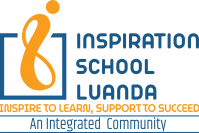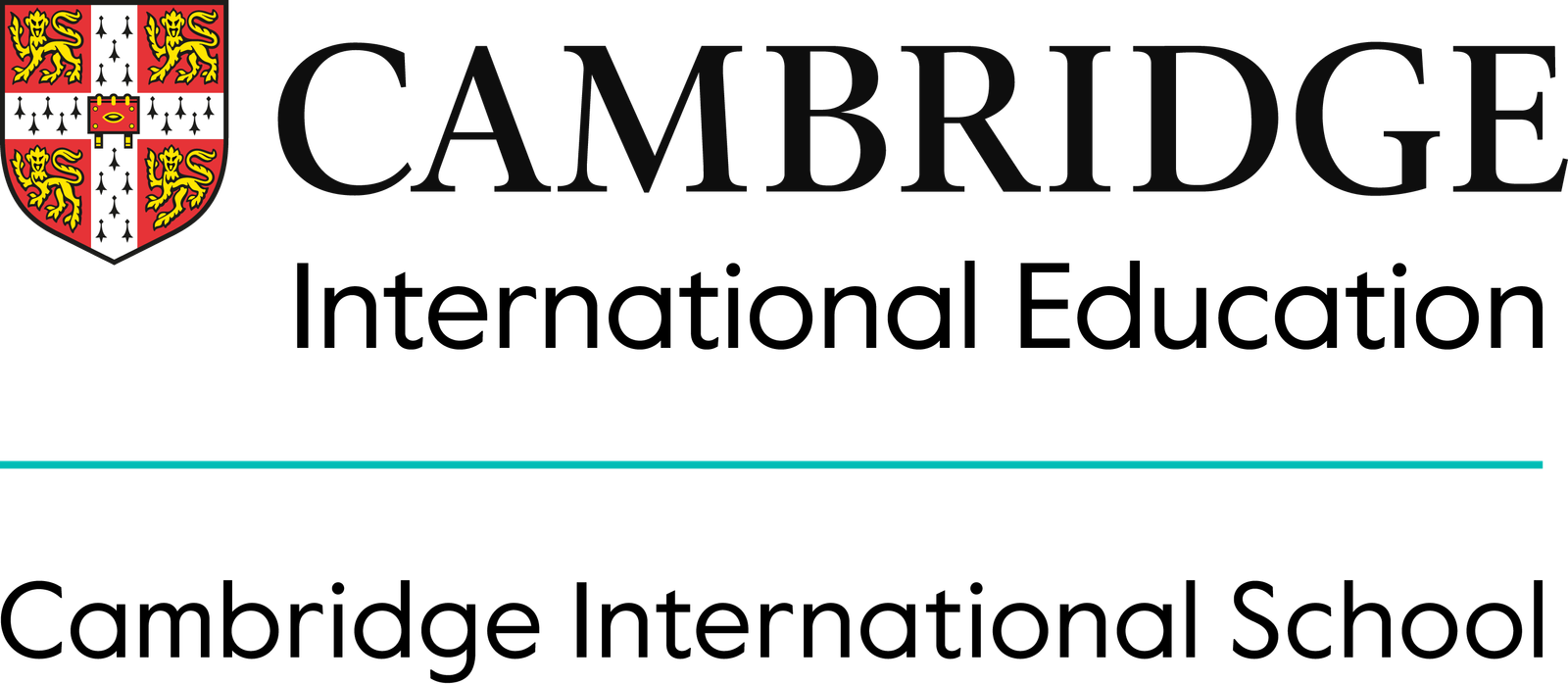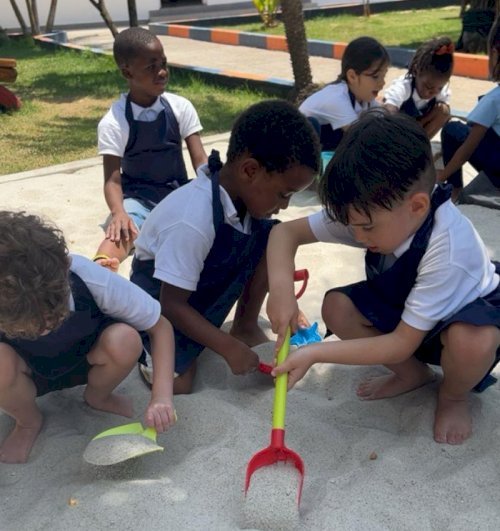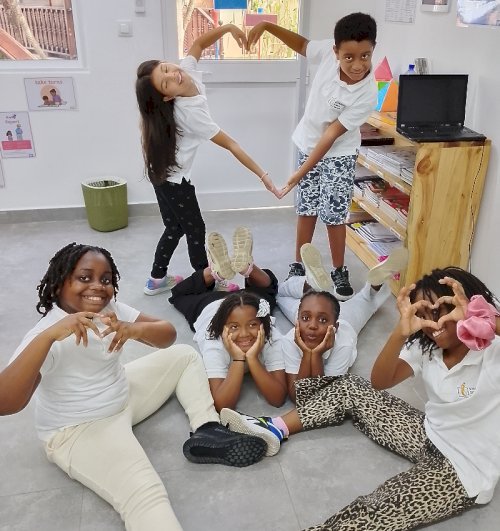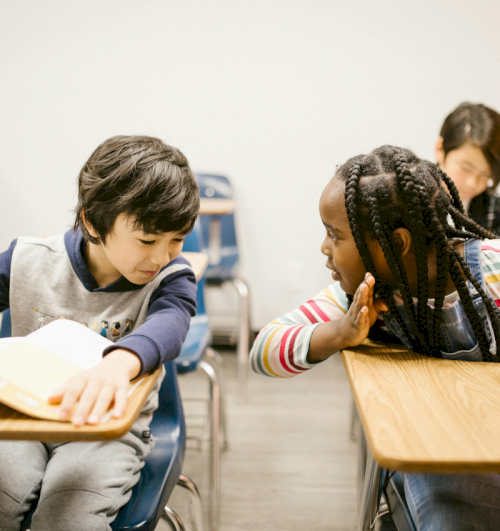EYFS recognizes that children’s development is interconnected. It does not focus solely on academics but nurtures a well-rounded foundation for lifelong learning. Focuses on the whole child—cognitive, emotional, social, and physical development.Encourages learning through play, exploration, and active engagement. This holistic approach ensures that children develop essential life skills alongside their academic learning, preparing them for future education and personal growth.
- Early Years : Early Years programme is for 3-6-year-olds. It gives young learners the best start in life, helping them meet key early milestones and thrive in and outside school. Early Years is the first stage in our Pathway, which gives students a clear path to educational success from ages 3-yrs read-more
- Primary : Primary starts learners on an exciting educational journey. It provides a strong foundation for students at the beginning of their schooling before progressing through the Pathway in an age-appropriate way.read-more
